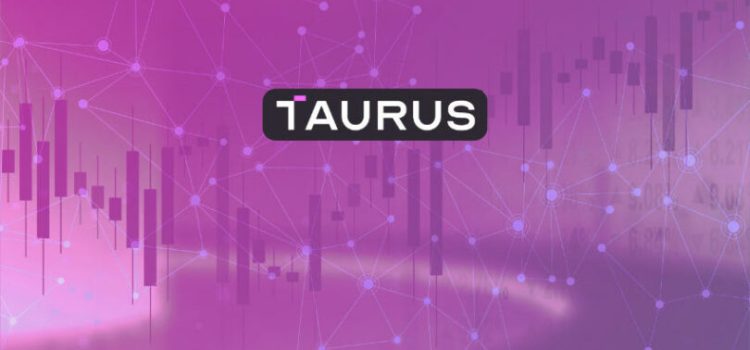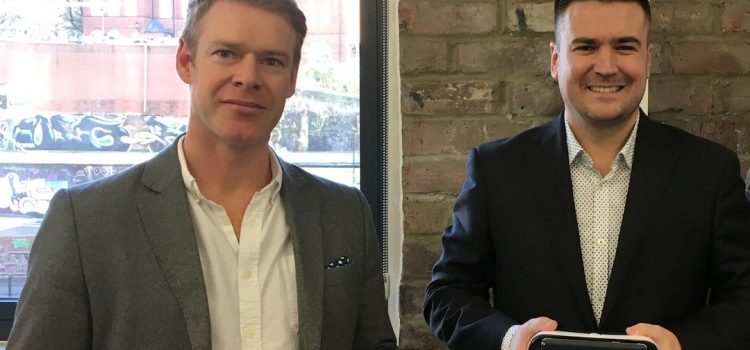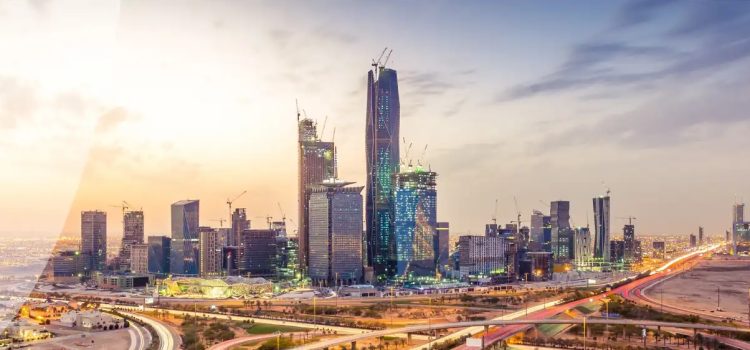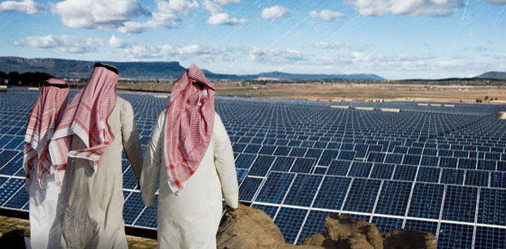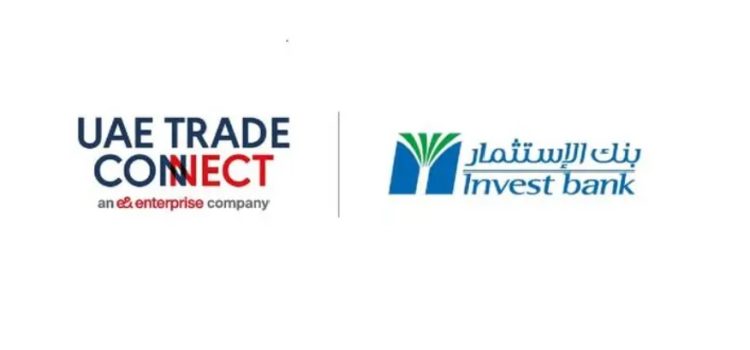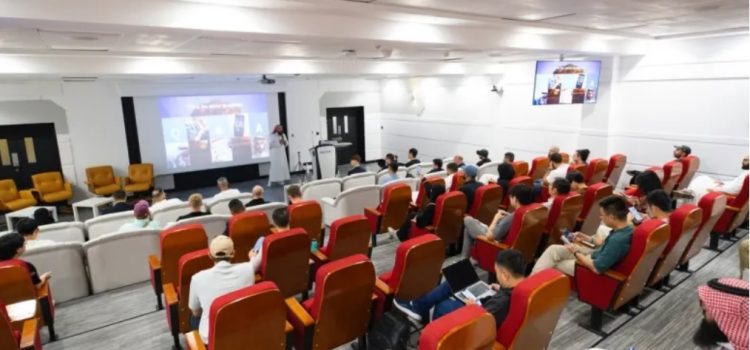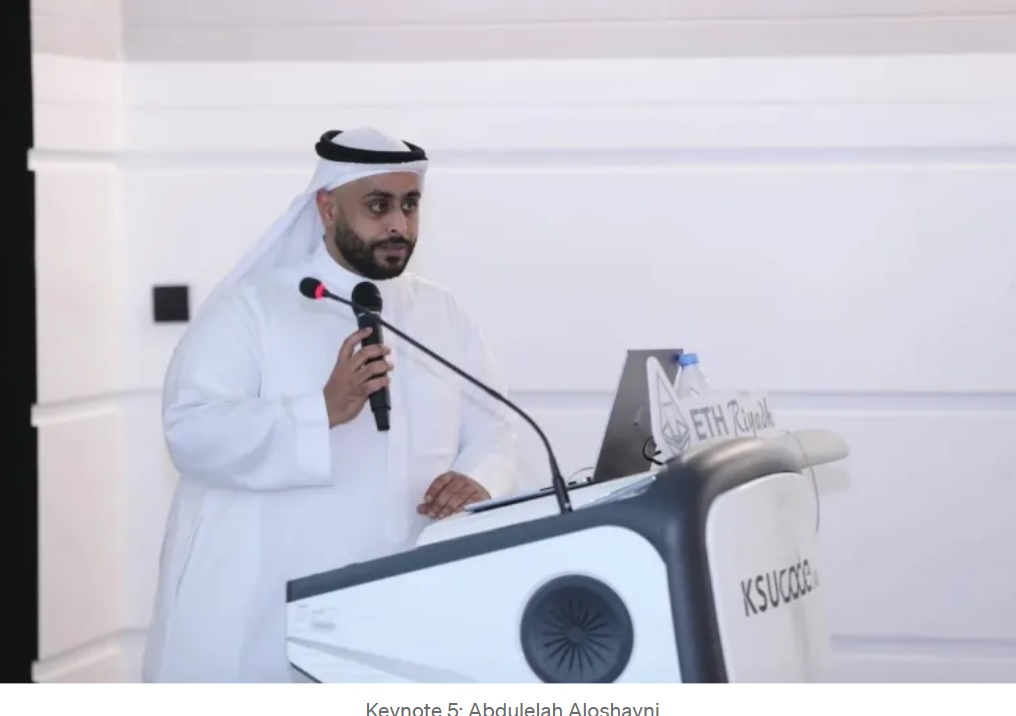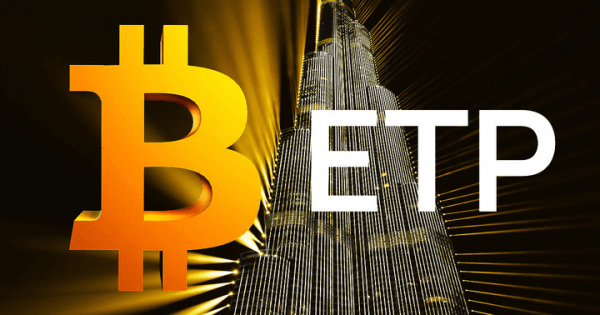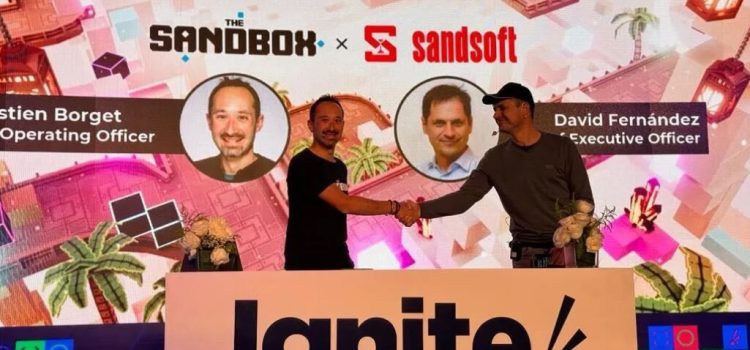
Taurus SA, a FINMA-regulated Swiss institutional-grade digital asset infrastructure provider, has expanded its operations into the Middle East to serve its growing client base in the region. Taurus will service the GCC and MENA region, including KSA, Qatar and even Turkey through its Dubai UAE office.
Founded in 2018Taurus SA, a Swiss company provides enterprise-grade digital asset infrastructure to issue, custody and trade any digital assets: cryptocurrencies, tokenized assets, NFTs and digital currencies.
Managing Director, Bashir Kazour, leads Taurus’ new UAE office based in the DIFC in Dubai. M. Kazour brings more than 20 years of retail, capital markets and technology experience gained at Royal Bank of Canada, Standard Chartered and FIS, a leading banking and payment technology provider. Over the last decade, he collaborated closely with a diverse client base ranging from sovereign wealth funds and central banks to brokers and family offices.
“I am excited to lead Taurus’ efforts and build a winning franchise in the Middle East, a region known for its rapid adoption of blockchain technology and digital assets,” said Kazour. “Taurus is well-known for its unique custody and tokenization capabilities serving banking clients and large enterprises, which aligns perfectly with the needs of the region. We’ve already started interacting closely with regulators, central banks and clients and I’m looking forward to delivering cutting-edge and compliant solutions to the market.”
Speaking to LaraontheBlock on whether Taurus requires regulation by VARA, Bashir Kazour, Managing Director at Taurus SA explained, “Taurus does not need a regularity license in the UAE as we solely focus on providing the digital asset infrastructure to our clients in the region. To make it simple, Taurus is a technology provider, equipping banks and corporates, with a platform to manage any digital asset. The financial services activity is regulated by the Swiss FINMA and is not promoted outside of Switzerland.”

Taurus opened an office in DIFC Dubai because the company has already signed up some large financial institutions according to Kazour. He adds, “We are also in late stage discussions with several other financial and non-financial institutions in the Middle East region. The region is known for its rapid adoption of blockchain technology and digital assets driven by the regulatory clarity already provided through VARA, ADGM, RAK DAO initiatives, fostering innovation.”
As such Kazour reaffirms that the opening of the office in the UAE is to support this growing demand in the region for both custodial and tokenization solutions.
The office according to Kazour will serve the full Middle East region, including Qatar, KSA but also Turkey. He adds, “ We also have plans to expand to other countries as well.”
Taurus has already consolidated its European leadership position as the preferred digital asset infrastructure provider for banks and corporates, building on its Swiss market leadership with more than 60% market share. Among others, Taurus has recently announced a partnership with Deutsche Bank as well as CACEIS, one of the largest global custodians. Taurus also closed its $65 million Series B funding round last February with strategic investors including Arab Bank Switzerland, Credit Suisse, and Pictet.








